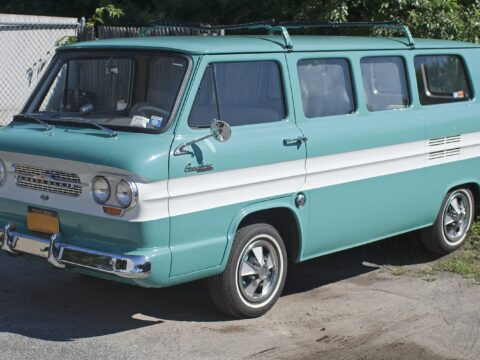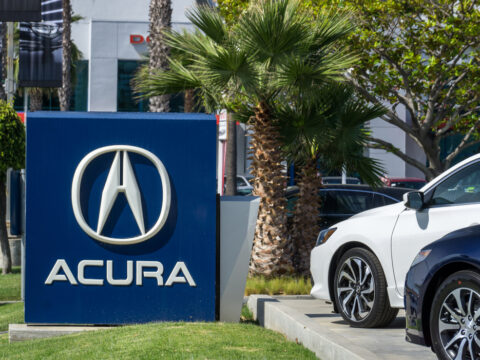Neglecting regular maintenance on an RV can result in costly repairs down the road. Simple tasks like checking the roof, monitoring the tires, or maintaining the plumbing system often get overlooked, leading to bigger problems. Without proper care, these issues can quickly escalate, turning minor wear and tear into expensive fixes. Maintaining an RV is essential to keep it running smoothly and avoid unexpected repair bills.
Contents
Neglecting Regular Roof Inspections
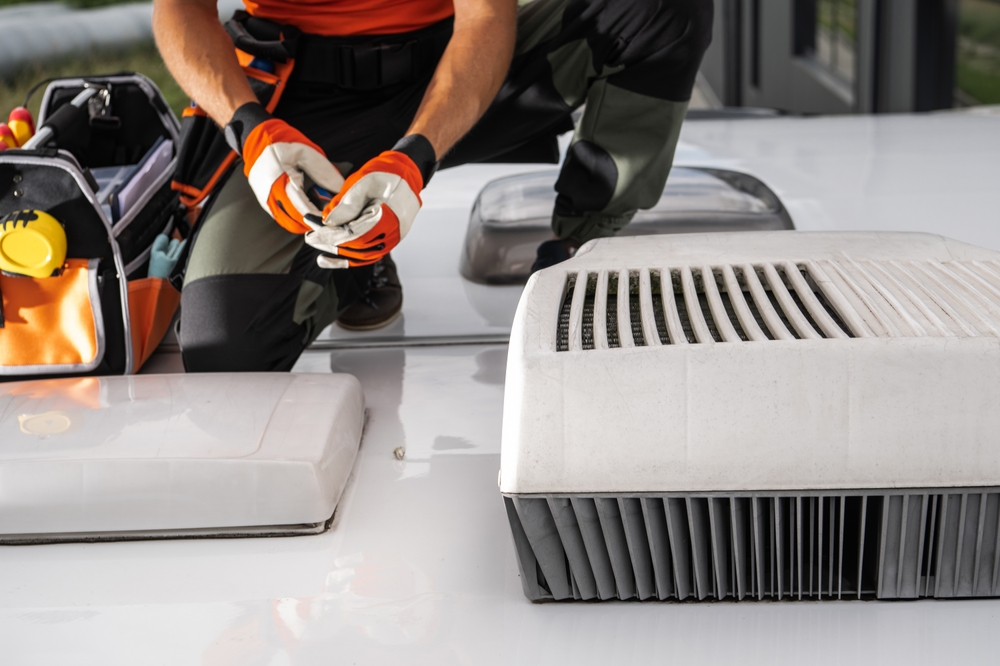
One of the most common causes of expensive RV repairs is ignoring regular roof inspections. Over time, the roof seals can crack or deteriorate due to exposure to the elements, allowing water to seep into the RV and cause severe water damage. Repairing a water-damaged roof can cost thousands of dollars. To avoid this, inspect the roof every few months and reseal any cracks with RV-safe sealants. Installing a roof cover when the RV is not in use can also protect it from harsh weather conditions.
Failing to Maintain Tire Pressure
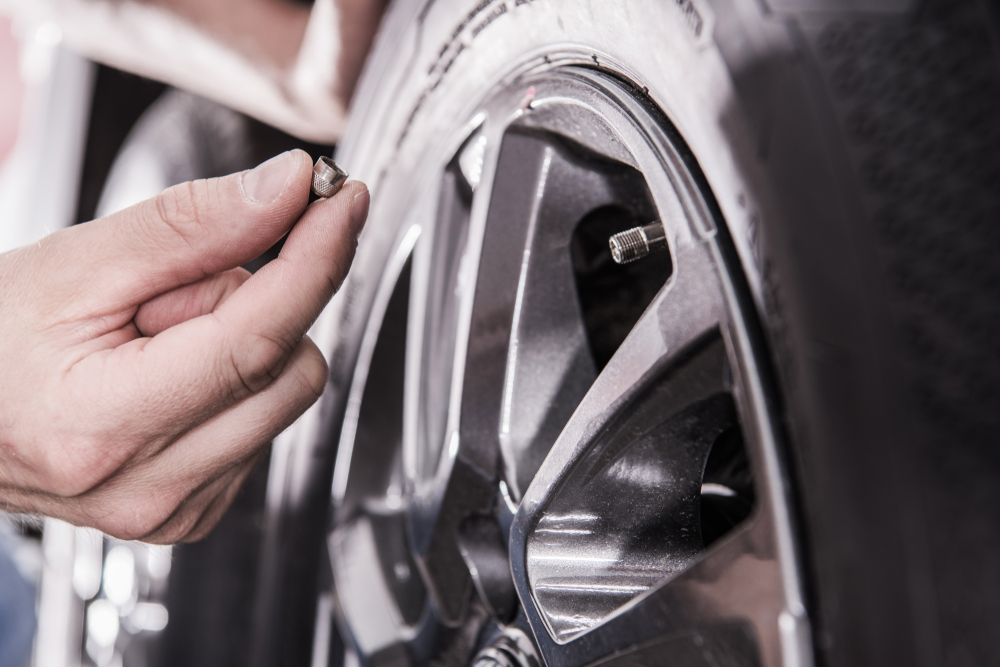
Not checking your tire pressure regularly can lead to premature tire wear, blowouts, or even damage to the RV’s undercarriage, resulting in expensive repairs. Tires that are either overinflated or underinflated put more strain on the suspension and can cause uneven wear patterns. To prevent this, use a tire pressure monitoring system (TPMS) and check the pressure before each trip. Replace worn tires promptly and consider investing in high-quality tires to extend their lifespan.
Skipping Waste Tank Cleaning
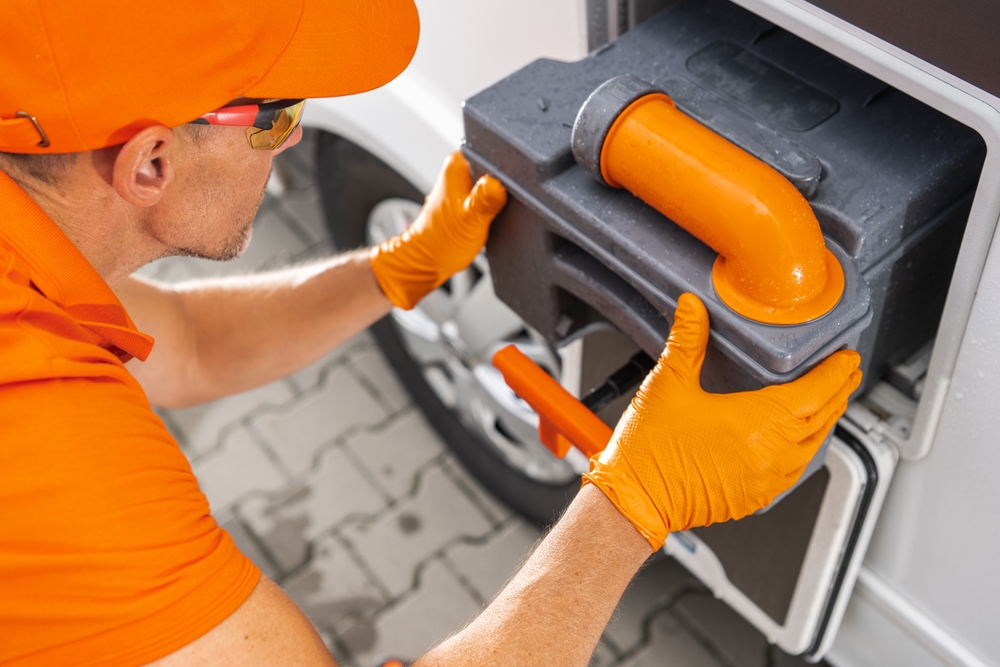
Failing to regularly clean and flush the black and gray water tanks can result in clogged lines and foul odors. Over time, this can lead to blockages that require professional plumbing repairs, costing hundreds of dollars. To avoid this, always use the proper chemicals to break down waste, flush the tanks after each trip, and avoid leaving waste sitting in the tanks for extended periods. Consider using enzyme-based cleaners to maintain the system’s health.
Not Lubricating Slide-Out Mechanisms
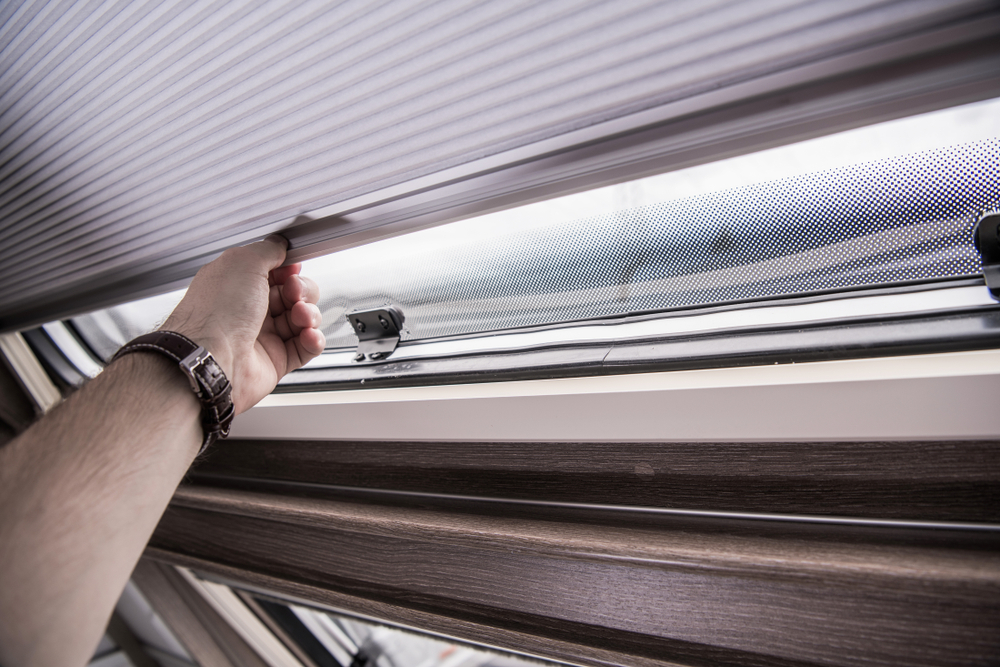
Slide-outs add valuable space to your RV, but if their mechanisms are not lubricated regularly, they can become stiff, damaged, or stuck. Replacing a damaged slide-out motor or realigning the system can be a costly fix. Regularly lubricate the slide-out mechanisms with a silicone-based lubricant to keep them moving smoothly. Ensure that the slide seals are intact and that no debris gets caught in the tracks to prevent mechanical failures.
Ignoring Battery Maintenance
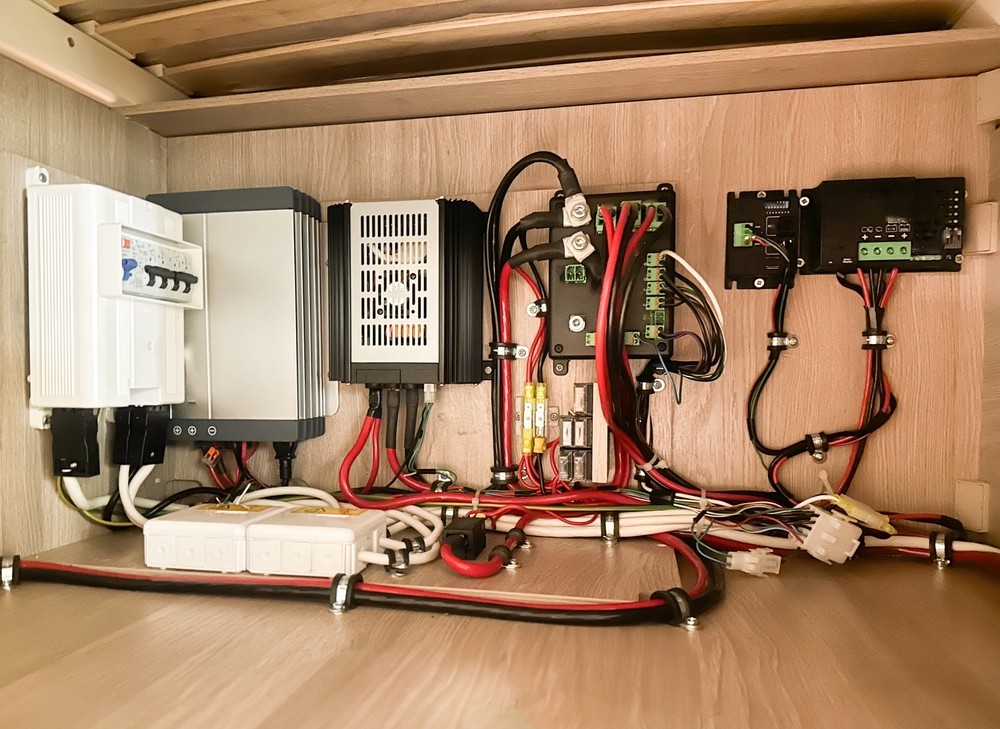
RVs rely heavily on batteries for electrical systems, and poor maintenance can lead to a shorter battery life and even total failure. Corroded terminals or low fluid levels can damage the battery, leading to costly replacements. Regularly inspect the battery terminals for corrosion, clean them with a mixture of baking soda and water, and ensure the electrolyte levels are topped off if using a lead-acid battery. Consider switching to maintenance-free AGM batteries to reduce the risk of damage.
Overloading the RV
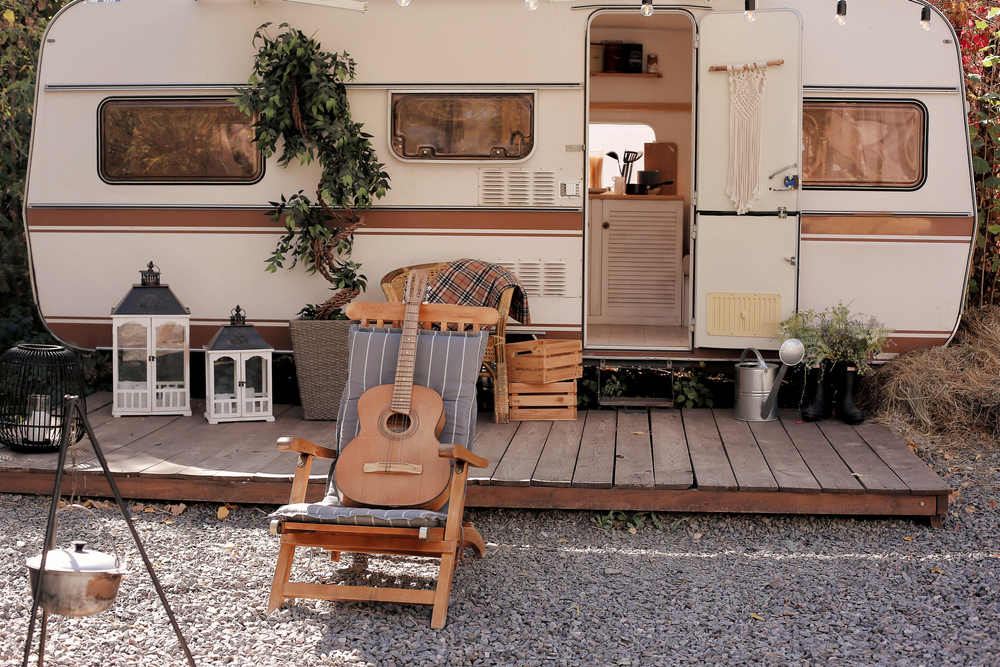
Overloading your RV puts excess strain on the engine, suspension, and tires, leading to premature wear and potential mechanical failure. Exceeding the vehicle’s weight capacity can cause structural damage that requires expensive repairs. Always check your RV’s gross vehicle weight rating (GVWR) and make sure you distribute the load evenly. Using a weight distribution hitch can also help manage the load more effectively and prevent damage.
Neglecting Brake Maintenance
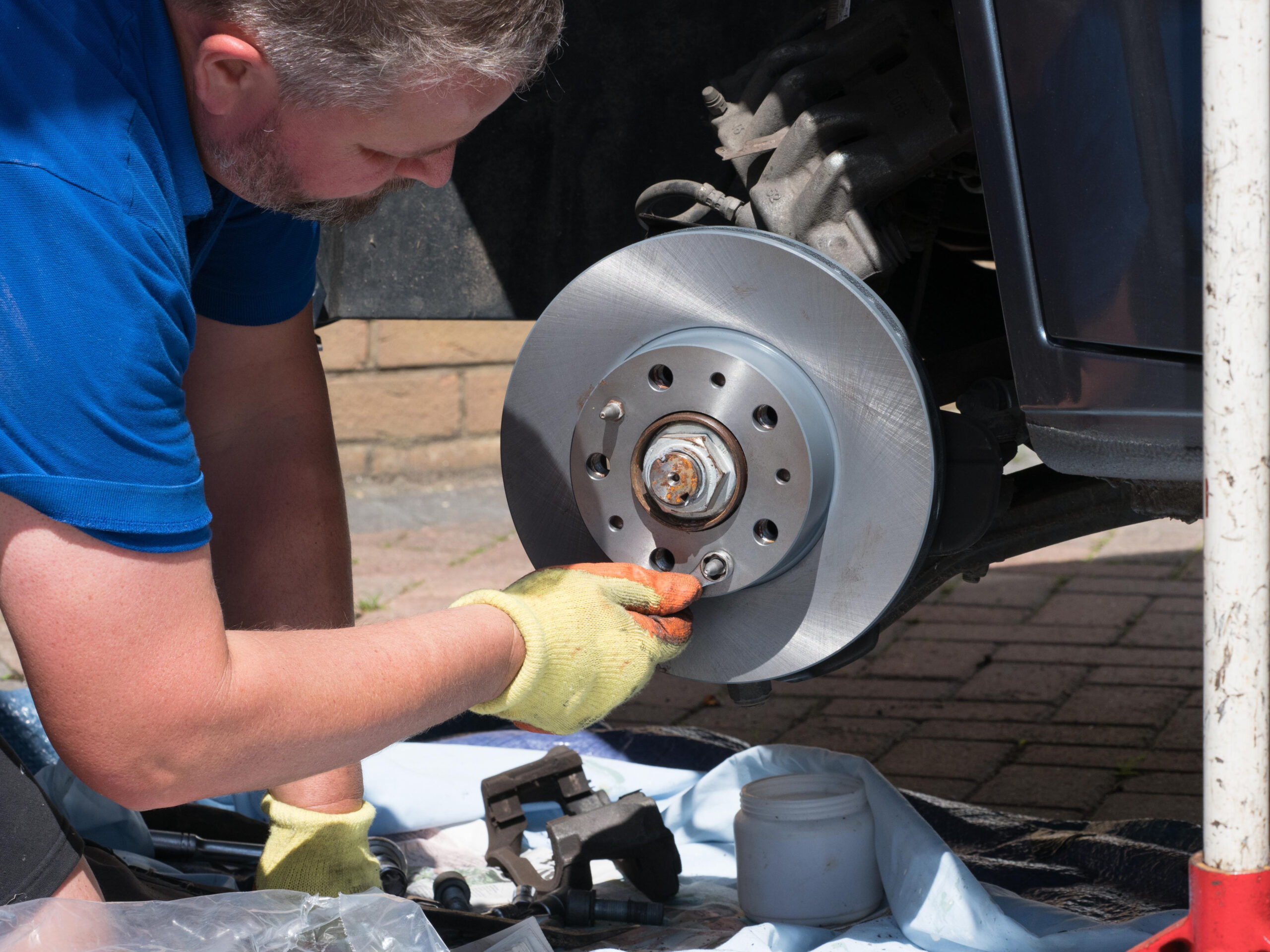
Brakes are one of the most critical safety components on your RV, and failing to maintain them can lead to costly repairs and dangerous situations. Worn brake pads or damaged rotors can compromise braking power, leading to accidents or expensive replacements. To avoid this, inspect the brake system regularly, especially before long trips, and replace worn pads and fluids as needed. Brake controllers should also be checked to ensure they’re working properly.
Improper Winterization
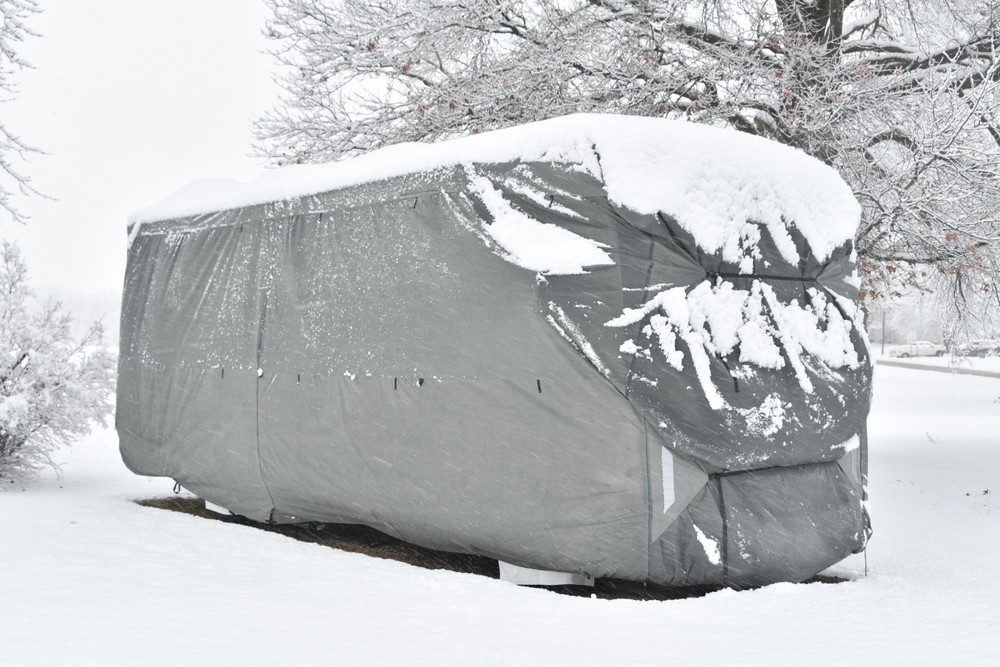
Not properly winterizing your RV can result in frozen pipes and water systems, which can burst and cause extensive water damage. This is particularly important in cold climates where freezing temperatures are common. To avoid costly repairs, always drain the water lines and tanks, add antifreeze to the system, and ensure that the RV is stored in a dry, covered location during the winter months. Using heated storage options can further protect your RV from extreme cold.
Failing to Service the Air Conditioner
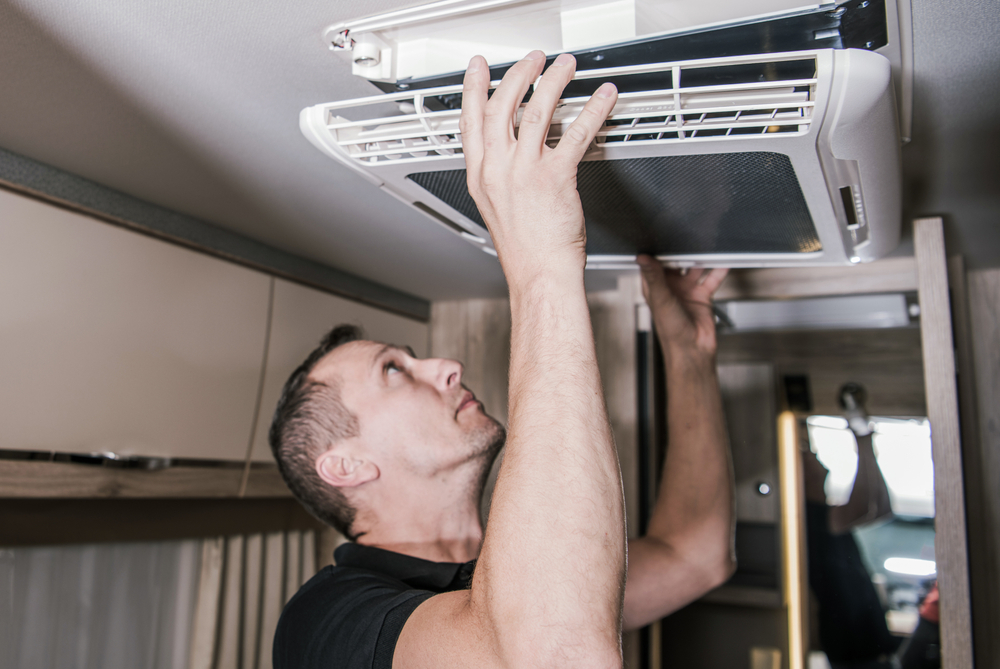
Ignoring your RV’s air conditioning system can lead to compressor failure or refrigerant leaks, both of which are expensive to repair. Regularly cleaning the filters and checking for signs of wear can extend the life of the AC unit. Replace air filters every few months, clean the condenser coils, and ensure the air ducts are free of obstructions. If the AC unit is struggling, consider having a professional inspect the system to catch issues early before they become costly repairs.
Using the Wrong Cleaning Products
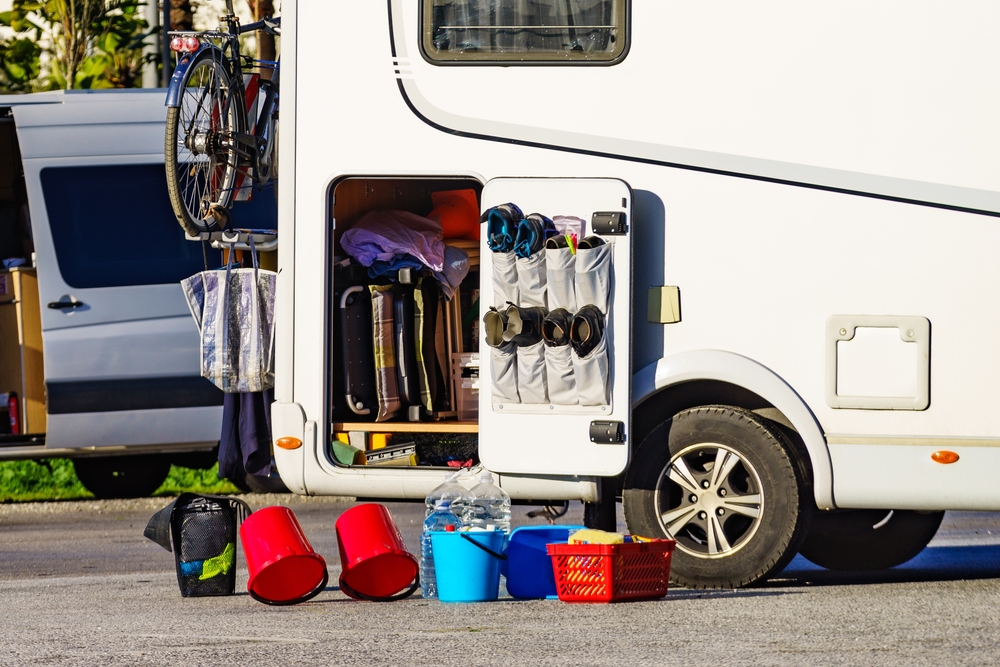
Using harsh or inappropriate cleaning products on your RV’s exterior or interior can cause damage to surfaces like the paint, upholstery, or cabinetry. These repairs can be surprisingly expensive. Always use RV-safe cleaning products, and avoid using bleach or other corrosive substances that could strip coatings or damage surfaces. For upholstery, consider using fabric-safe cleaners, and for the exterior, use non-abrasive cleaners designed specifically for RVs.
Not Checking for Leaks
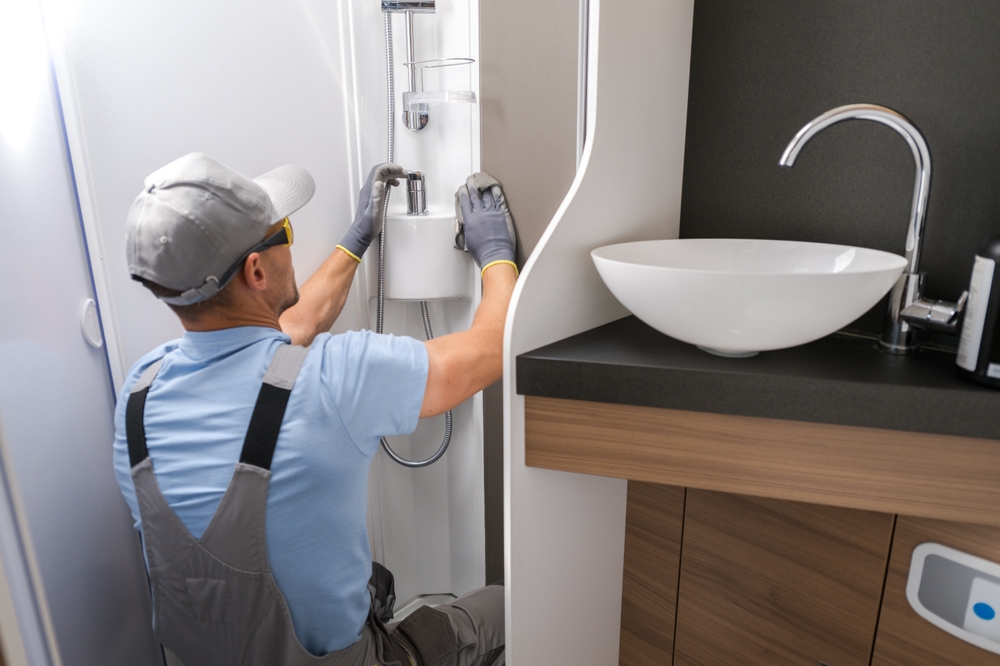
Water leaks are one of the most damaging problems in RVs, often leading to mold, rot, and expensive structural repairs. Leaks can occur around windows, doors, roof vents, or plumbing systems. To prevent this, regularly inspect seals and caulking around these areas, and immediately repair any cracks or gaps. Installing moisture detectors in problem areas can help catch leaks early. If left unchecked, repairs can cost thousands, so staying proactive is key.
Ignoring Engine Maintenance
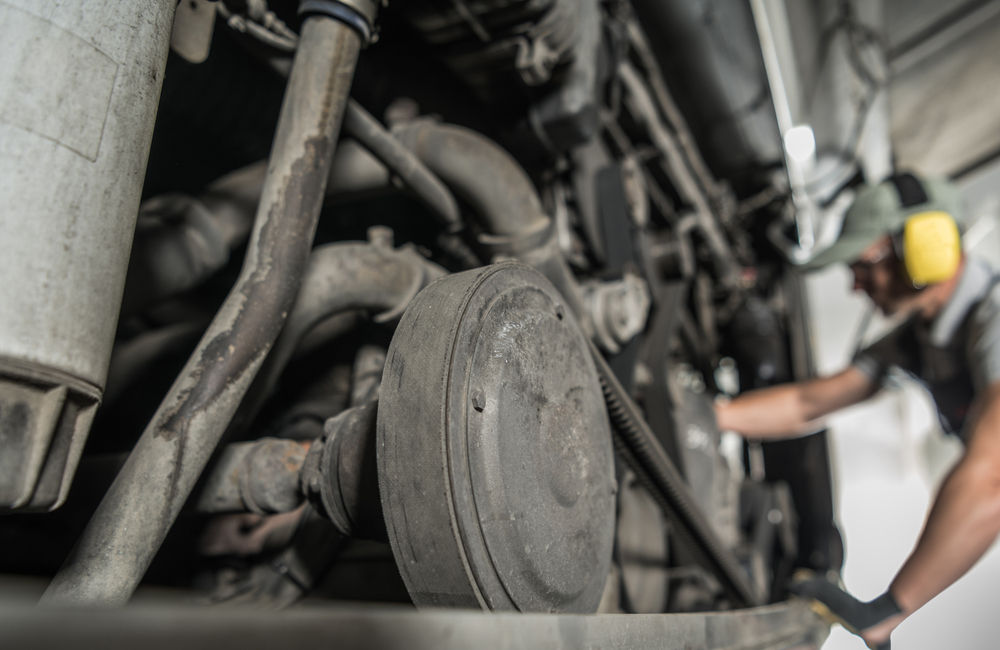
RVs are essentially mobile homes, and their engines require regular maintenance just like any other vehicle. Failing to change the oil, air filters, or belts can lead to engine damage and expensive repairs. Stick to the manufacturer’s recommended maintenance schedule for oil changes, filter replacements, and other services. Regularly checking fluid levels and inspecting belts for wear can prevent breakdowns. Consider using synthetic oil for better engine protection.
Allowing Tire Dry Rot
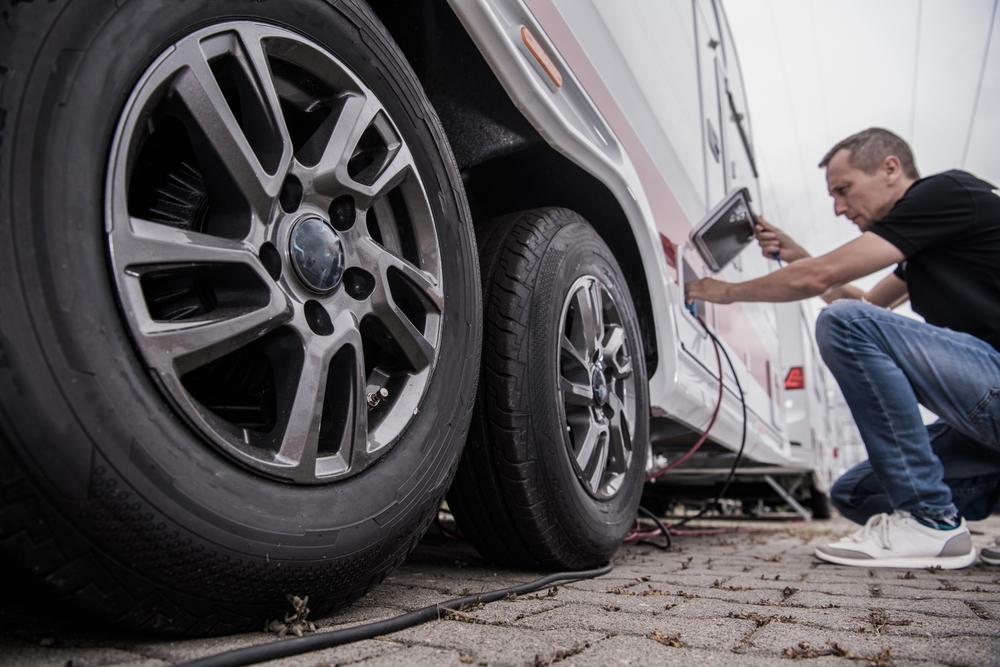
Tires that sit unused for extended periods can develop dry rot, leading to cracks and potential blowouts. Replacing all of the tires on an RV can cost several thousand dollars. To avoid this, store the RV on blocks or use tire covers to protect the tires from UV exposure and extreme temperatures. Rotating the tires periodically and using RV-specific tires can also extend their life. Make sure the tires are always inflated to the proper PSI to avoid uneven wear.
Not Flushing the Water Heater
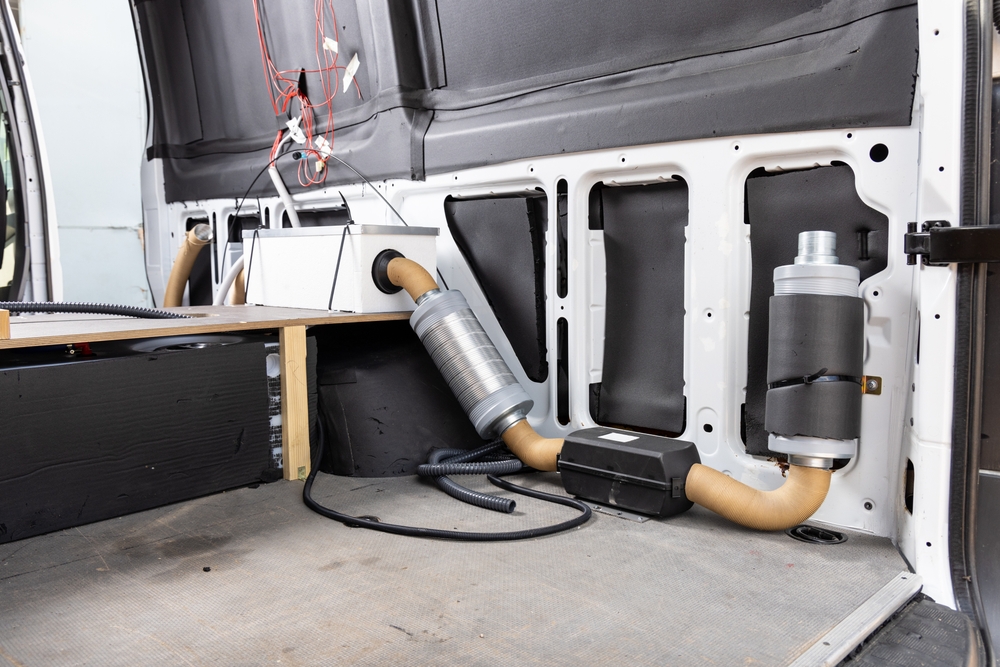
Over time, sediment can build up in the RV’s water heater, reducing its efficiency and eventually causing damage that requires expensive repairs. Regularly flushing the water heater removes these sediments and keeps the system running efficiently. Install an anode rod to prevent corrosion in the tank, and make it a habit to flush the system at least once a year. If the water heater is neglected, you may end up having to replace it, which can be costly.
Using Low-Quality Fuel
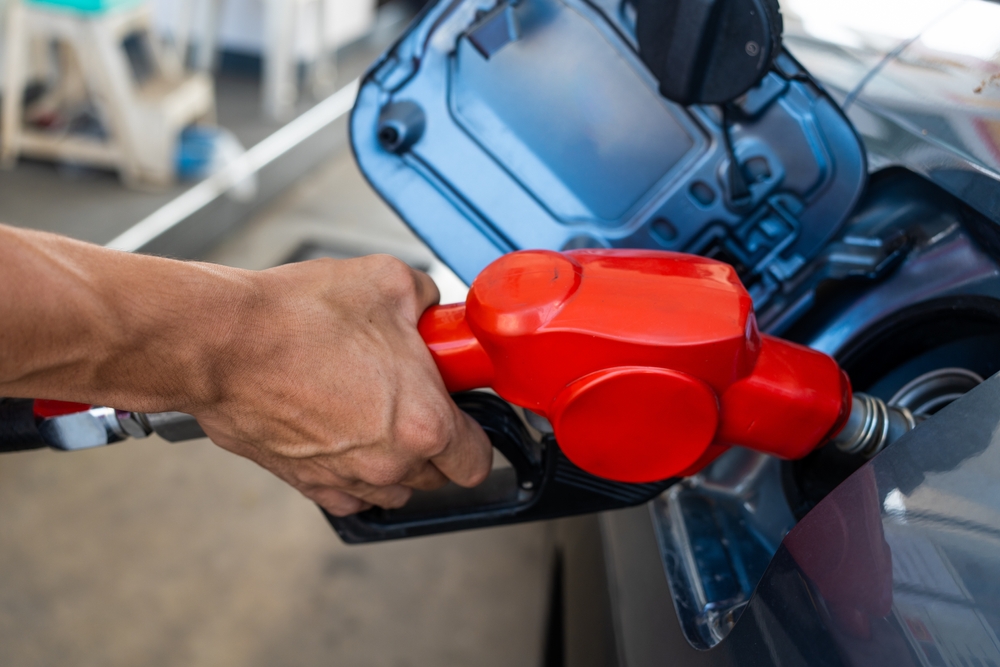
Using low-quality or incorrect fuel in your RV can damage the engine and fuel system, leading to costly repairs. Poor fuel can cause deposits to build up in the engine, reducing performance and potentially damaging components. To avoid this, always use the recommended fuel grade for your RV and consider adding a fuel stabilizer if the RV will sit unused for extended periods. Regularly replacing the fuel filter can also help protect the engine from damage.
Skipping Suspension Maintenance
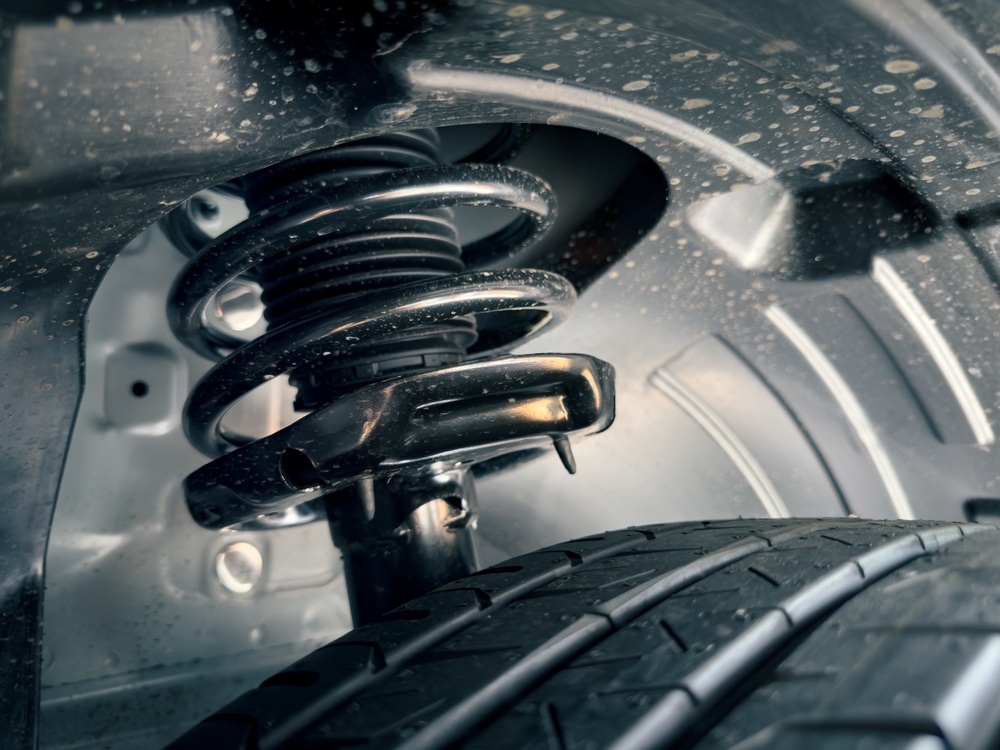
Ignoring suspension maintenance can lead to uneven tire wear, poor handling, and damage to the RV’s frame. The suspension system supports the weight of the RV and smooths out the ride, so worn components like shocks or bushings can result in expensive repairs if neglected. To avoid this, inspect the suspension regularly and replace worn parts promptly. Consider upgrading to heavy-duty suspension components if you frequently drive on rough roads or carry heavy loads.
Not Draining the Freshwater System
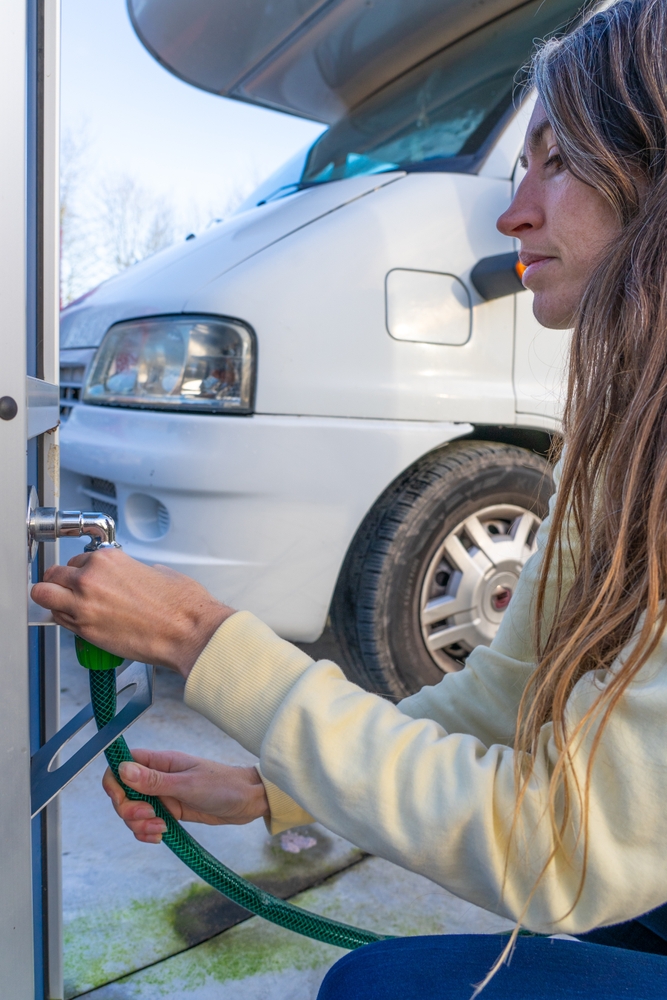
Leaving water in the fresh water tank for extended periods can result in bacteria buildup and foul odors, potentially damaging the system’s components. Failing to clean the freshwater system can lead to costly repairs to pumps and pipes. Always drain and sanitize the fresh water system before and after each trip, and ensure that the water you fill the tank with is clean. Installing a water filtration system can help keep the water supply free of contaminants.
Overlooking Generator Maintenance
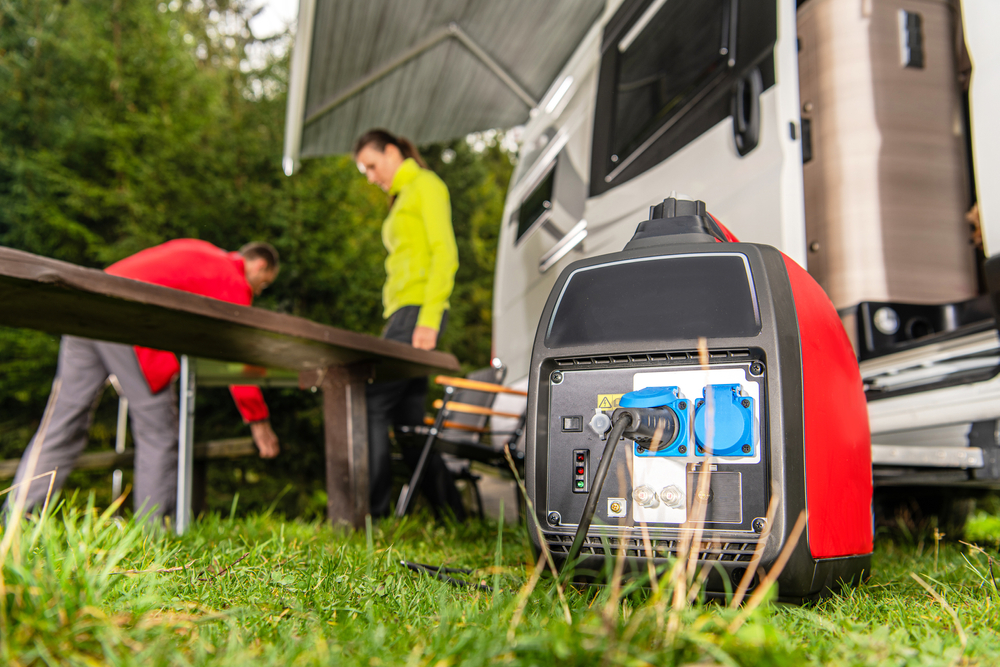
RVs with onboard generators require regular maintenance to keep them running smoothly. Skipping oil changes, air filter replacements, or not running the generator periodically can lead to costly repairs or total failure. Generators that sit idle for too long can develop issues with fuel delivery and other components. Run the generator regularly, especially if the RV is in storage, and follow the manufacturer’s maintenance schedule. Using high-quality fuel and regularly checking oil levels can help avoid major repairs.
Ignoring Slide Seal Maintenance
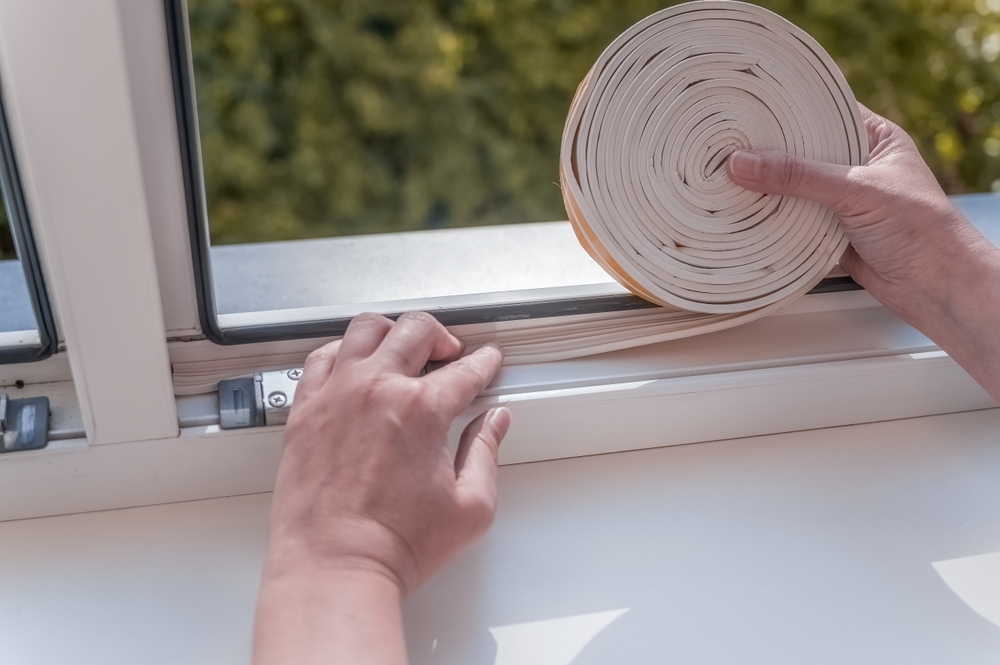
The rubber seals around your RV’s slide-outs can dry out or crack over time, leading to leaks and water damage inside the RV. Replacing or repairing damaged slide seals can be expensive, especially if water damage has already occurred. To avoid this, treat the slide seals with a rubber conditioner every few months to keep them flexible and prevent cracking. Make sure the seals are properly aligned and free of debris to prevent damage.
Not Checking the Electrical System
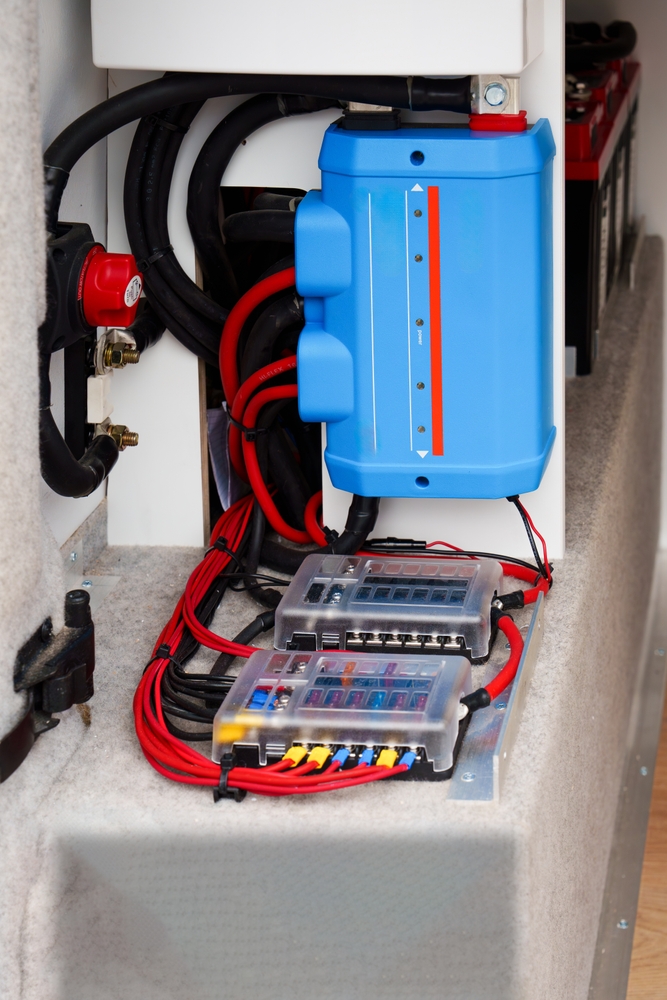
Electrical issues in an RV can be difficult to diagnose and expensive to repair if not addressed early. Loose wiring, faulty outlets, or overloaded circuits can cause power surges or even fires. To prevent these problems, inspect the electrical system regularly, tighten any loose connections, and replace faulty components. Installing a surge protector for your RV’s electrical system can also protect against damage from sudden voltage spikes.
This article originally appeared on MyCarMakesNoise.
More from MyCarMakesNoise
9 Future Spacecrafts Set to Revolutionize Space Travel
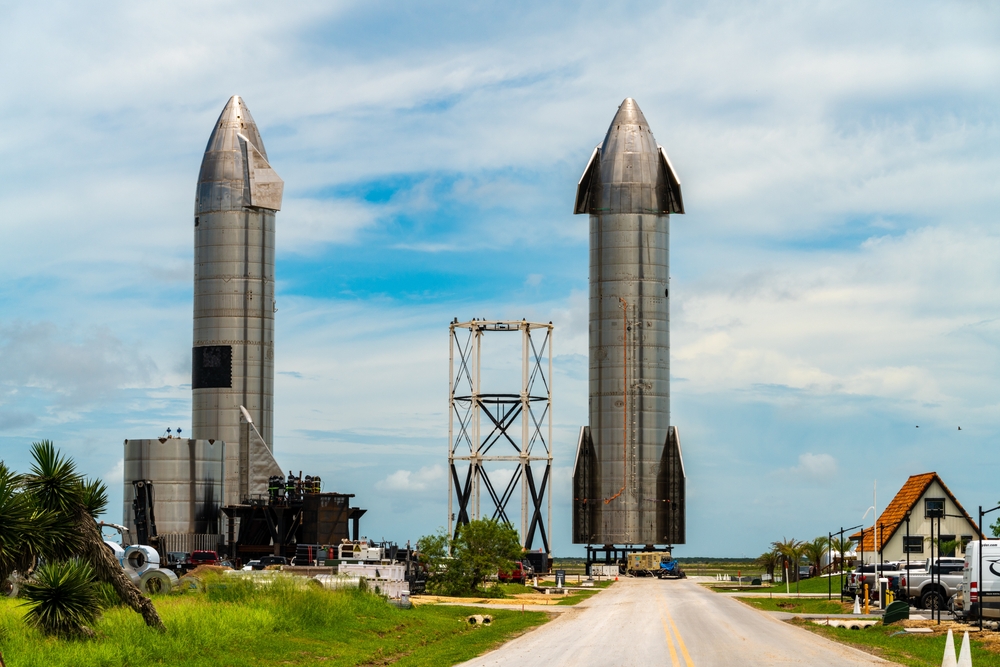
These cutting-edge vehicles are designed to take humans farther into the cosmos, explore distant worlds, and make space travel more accessible. Read More.
20 Futuristic Car Designs That Didn’t Live Up to the Hype
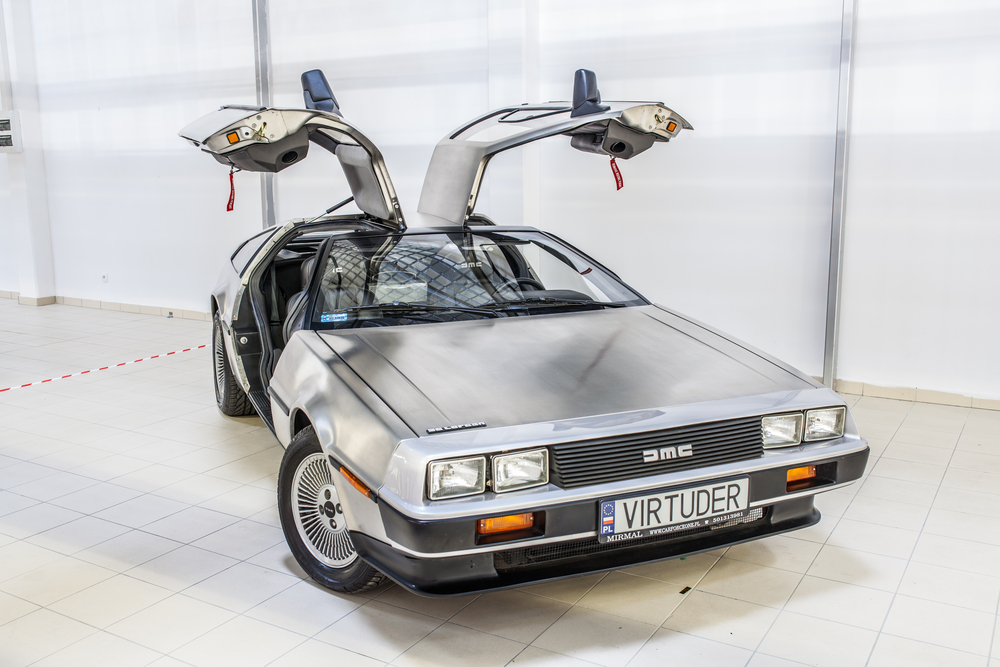
Futuristic car designs often promise cutting-edge technology and groundbreaking aesthetics, but not all of them live up to the hype. Many ambitious concepts have fallen short of expectations, disappointing enthusiasts and buyers alike. Read More.
20 Worst Parts of Charging an EV You Should Know
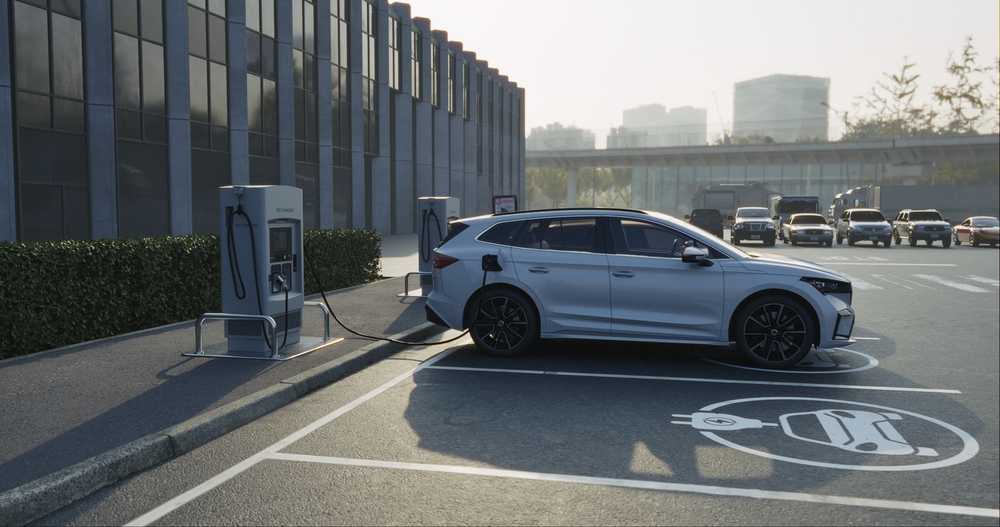
Charging an electric car is essential for keeping it running, but it comes with its own set of challenges. From long wait times to limited charging infrastructure, these issues can be frustrating for electric vehicle owners. Here are the worst things about charging an electric car. Read More.


